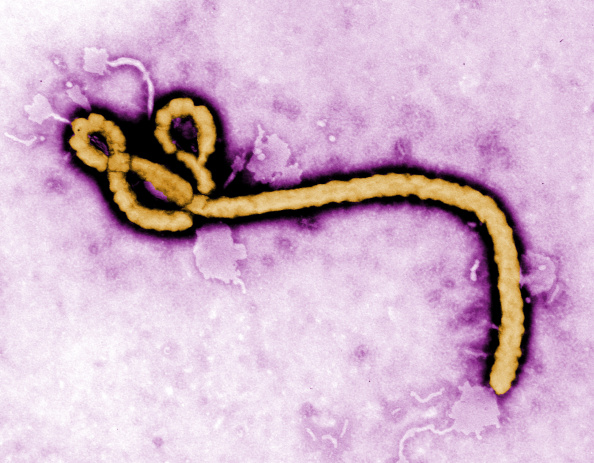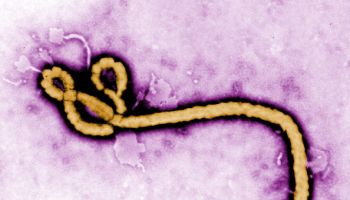
The Indiana Health Department says it’s currently monitoring five people for Ebola-like symptoms. All of the patients are cooperative and considered as “low risk.”
The State Department of Health has completed monitoring of two individuals without incident and is currently monitoring five others. All of these individuals are cooperative and are considered low risk.
The CDC’s new travel guidance categorizes travelers into four groups based on exposure to Ebola: high risk; some risk; low, but not zero risk; and no known risk. CDC advises that individuals in the high risk category, such as a healthcare worker who treated an Ebola patient, be monitored by a health official, avoid commercial travel and large gatherings. They recommend that individuals with some risk, such as a household member of a patient, be monitored by a health official, but have travel evaluated on a case-by-case basis. Travelers with “low, but not zero risk” are advised to self monitor and travelers with “no known risk” are not advised to monitor their health.
State health officials are not releasing the names of the counties where travelers are being monitored to protect their heath information privacy in accordance with the Infectious Disease Reporting Rule.
The Ebola virus is not spread through the air, by water or food, or by casual contact. People with Ebola can only spread the Ebola virus when they have symptoms. There is no known risk of transmission if someone does not have symptoms. Ebola is only spread through direct contact with blood or body fluids (including but not limited to urine, saliva, feces, vomit and semen, or a needlestick) of a person who is sick with Ebola or the body of a person who has died from Ebola.
Symptoms of Ebola, including fever, weakness, diarrhea and vomiting, may appear anywhere from two to 21 days following exposure to body fluids of a person infected with the virus, but often appear between eight and 10 days following exposure. People are contagious as long as their blood and bodily fluids contain the virus. People who do not have symptoms are not contagious.
The Ebola Call Center (877) 826-0011 is open 24 hours a day, seven days a week. Call (877) 561-0044 for the hearing impaired, Mon. – Fri., 8:15 a.m. to 4:45 p.m.
From: WTHR
















